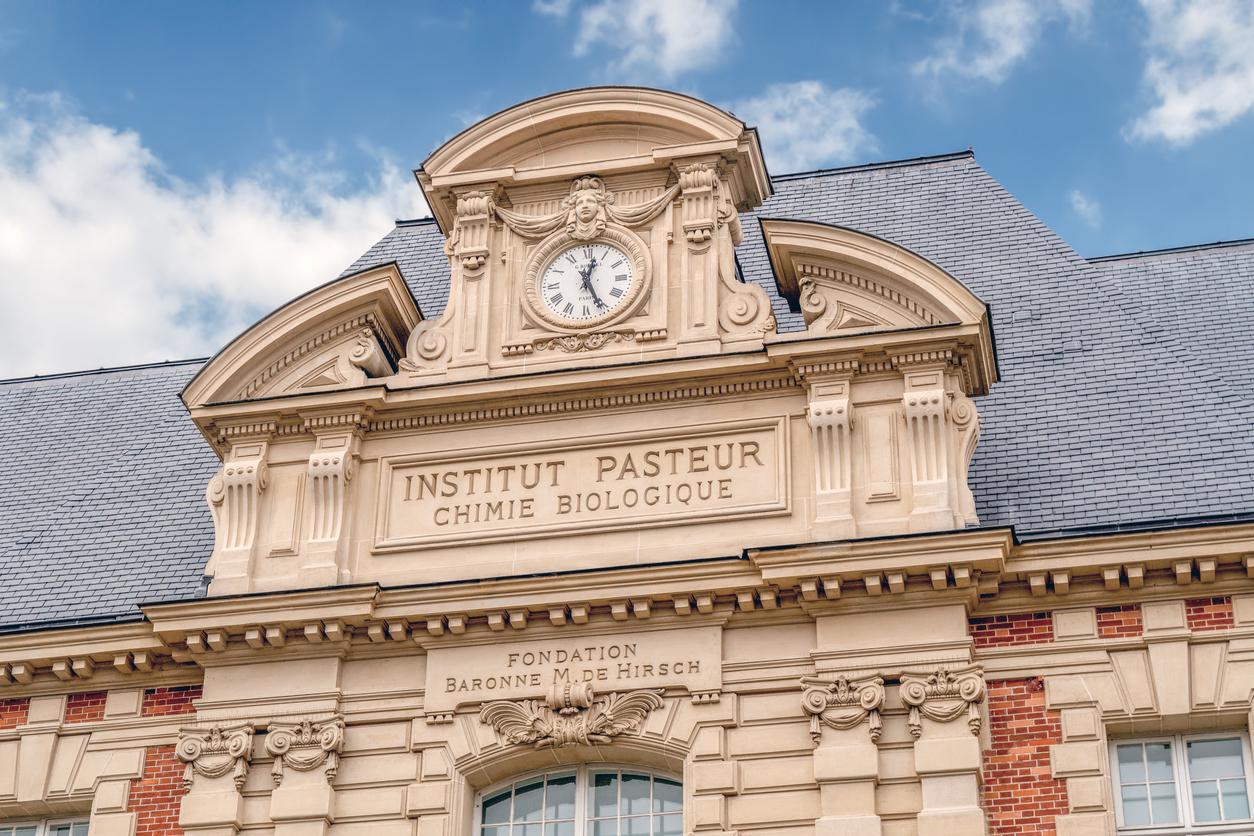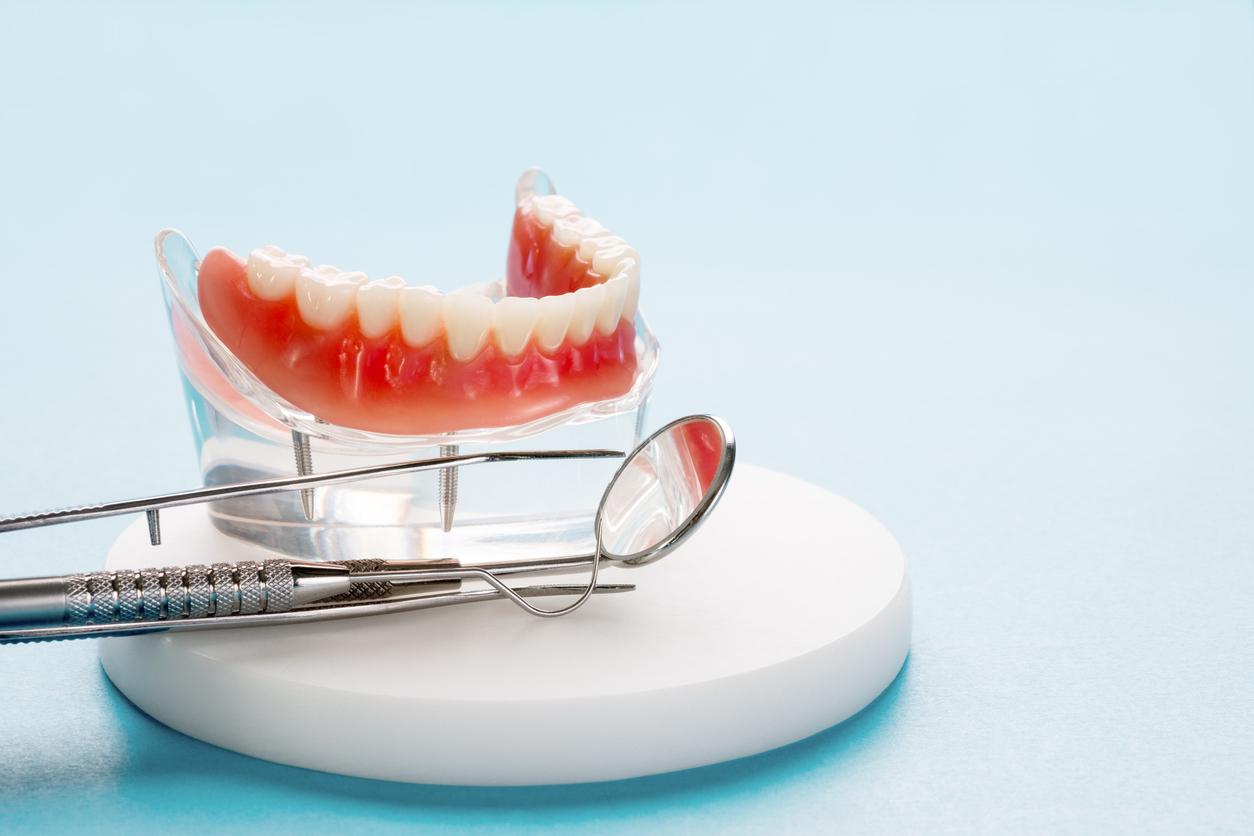Not eating in the morning could prevent our body from fighting infections.

- Monocytes are white blood cells made in the bone marrow and move around the body. They help fight infections, heart disease and cancer.
- When the mice didn’t eat breakfast, 90% of their monocytes disappeared from their bloodstream and returned to the bone marrow to hibernate.
- After fasting, the rodents started to eat normally again, this caused a modification of the monocytes which were more inflammatory.
Some say it’s the most important meal of the day. That’s why they never miss breakfast. Other people skip it because they lack appetite when they wake up. Problem: Fasting in the morning could trigger a response in the brain that negatively affects immune cells. This was revealed by scientists from the Icahn School of Medicine in Mount Sinai (USA) in a study published in the journal Immunity.
As part of this work, the team tried to better understand how a relatively short fast of only a few hours and a 24-hour fast affects the immune system. They performed an experiment on two groups of mice. The first group ate breakfast right after waking up and the rest of the rodents ate nothing after sleeping. The authors took blood samples from both groups when the mice woke up and then four and eight hours later.
Without breakfast, 90% of monocytes disappear from the bloodstream
At the start of the experiment, all mice had the same amount of monocytes. After analyzing the samples, the researchers noted, in the mice that had remained fasting, a difference in the number of monocytes, which are white blood cells produced in the bone marrow and which move around the body. Monocytes are essential in the fight against infections, heart disease and cancer.
According to the data, after four hours, 90% of the monocytes of the mice in the fasting group had disappeared from their bloodstream, and their numbers decreased further after eight hours. On the other hand, the number of monocytes of rodents having eaten upon awakening was not affected.
In fasted mice, scientists found that monocytes returned to the bone marrow to hibernate. Also, the production of new cells in the bone marrow has decreased. Bone marrow monocytes, which generally have a short lifespan, have changed dramatically. Clearly, they survived longer due to their residence in the bone marrow and aged differently from monocytes remaining in the blood.
An increase in the level of inflammation which makes us vulnerable to infections
The authors did not stop there, they continued to fast the mice for up to 24 hours, then gradually reintroduced food. Cells that were hiding in the bone marrow returned to the bloodstream within hours. This resulted in an increased level of inflammation. Instead of protecting the body against infection, these modified monocytes were more inflammatory, making the body less resistant to fighting infection.
According to the team, fasting elicits a stress response in the brain and this instantly triggers a migration of white blood cells to the bone marrow and then back to the bloodstream soon after food is reintroduced. “As these cells are very important for other diseases such as heart disease or cancer, it is essential to understand how their function is controlled”, concluded Filip K. Swirski, author of the research, in a statement.














